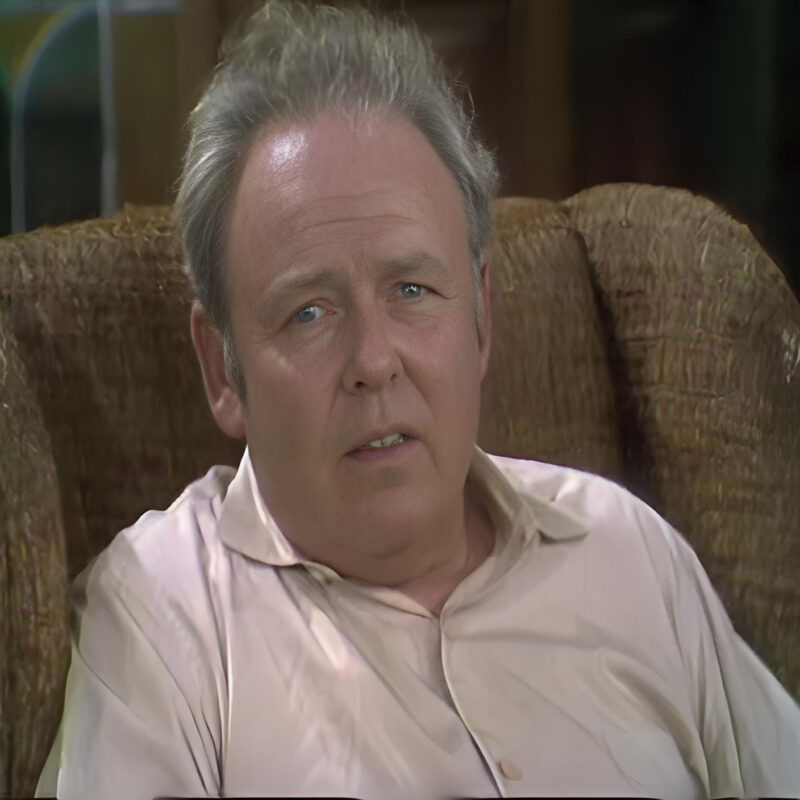
There’s a fine art to ending a great TV series. While it was agonizing for fans when The Good Place and Succession wrapped up after four seasons, it allowed these shows to conclude with an emotional punch rather than overstaying their welcome. For less story-driven shows, however, deciding when to end can be more challenging. This often falls to the people involved in making the show.
With All in the Family, the writing was clearly on the wall by the end of season 8. The show had delivered yet another impressive batch of episodes, including the emotionally charged “Edith’s 50th Birthday.” Creator Norman Lear and his team were ready to wind things down. The last two episodes of the season, “The Dinner Guest” and “The Stivics Go West,” saw lifelong East Coasters Archie (Carroll O’Connor) and his wife Edith (Jean Stapleton) bid farewell to their daughter Gloria (Sally Struthers) and her husband Mike (Rob Reiner) as the young couple prepared to move to California. It felt like the perfect spot to part ways with the Bunkers, serving as a final reminder to Archie that the world would continue to evolve, whether he liked it or not.
However, that’s not what happened. “Well, that came out of a lot of storm. We — when I say we, I’m talking about Jean Stapleton, Rob, Sally, and I — wanted to wrap this show up,” the late Lear explained to Vox in 2015. As eager as they were to “put a ribbon around it,” O’Connor felt otherwise and won out in the end. This decision ultimately led to much more than just All in the Family season 9.
While Lear and key cast members were ready to bid farewell, O’Connor’s desire to continue led to the creation of Archie Bunker’s Place, a spin-off that extended the life of the Bunker story. This new chapter allowed Archie to evolve and adapt to a changing world, giving fans more time with their beloved character but also sparking debates on whether the show should have ended earlier.
The case of All in the Family illustrates the delicate balance between creative vision and popular demand. Ending a show at the right moment can leave a lasting legacy, while extending it can risk diminishing its impact. Yet, in the case of All in the Family, the show’s continued evolution, driven by O’Connor’s commitment, added another layer to its complex narrative.
In the end, the decision to continue or conclude a TV series is a testament to the passion and dedication of those involved. Whether ending on a high note or exploring new directions, the art of wrapping up a beloved show remains a challenging yet essential aspect of storytelling in television.
4o
